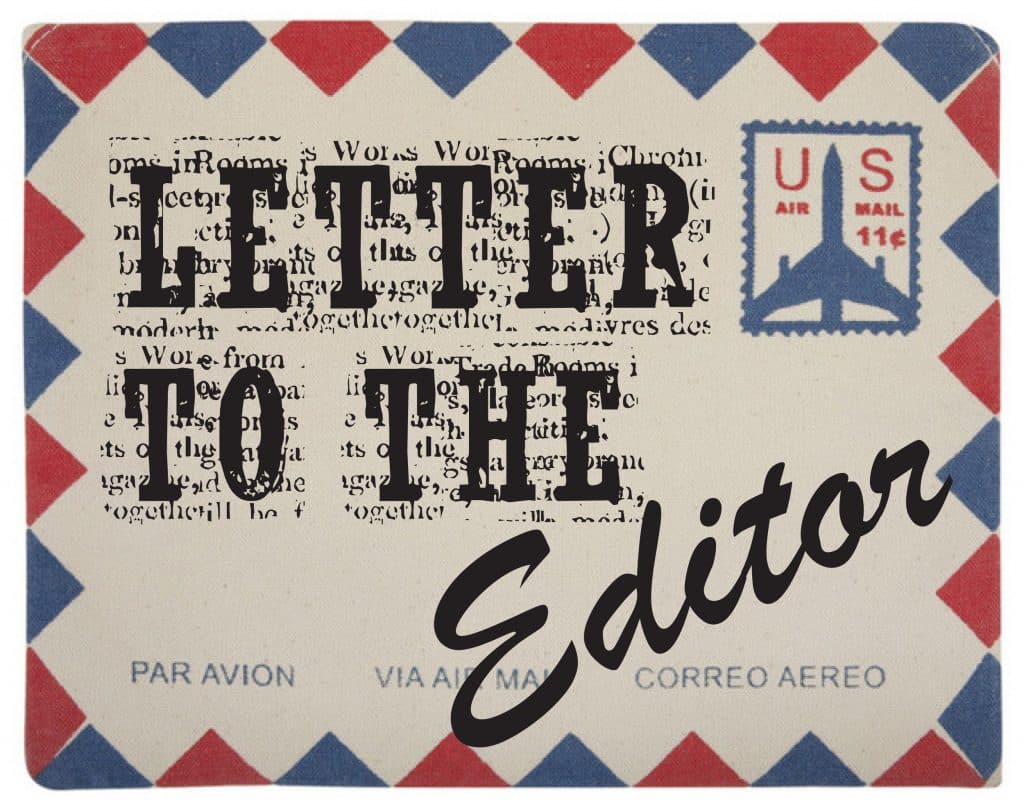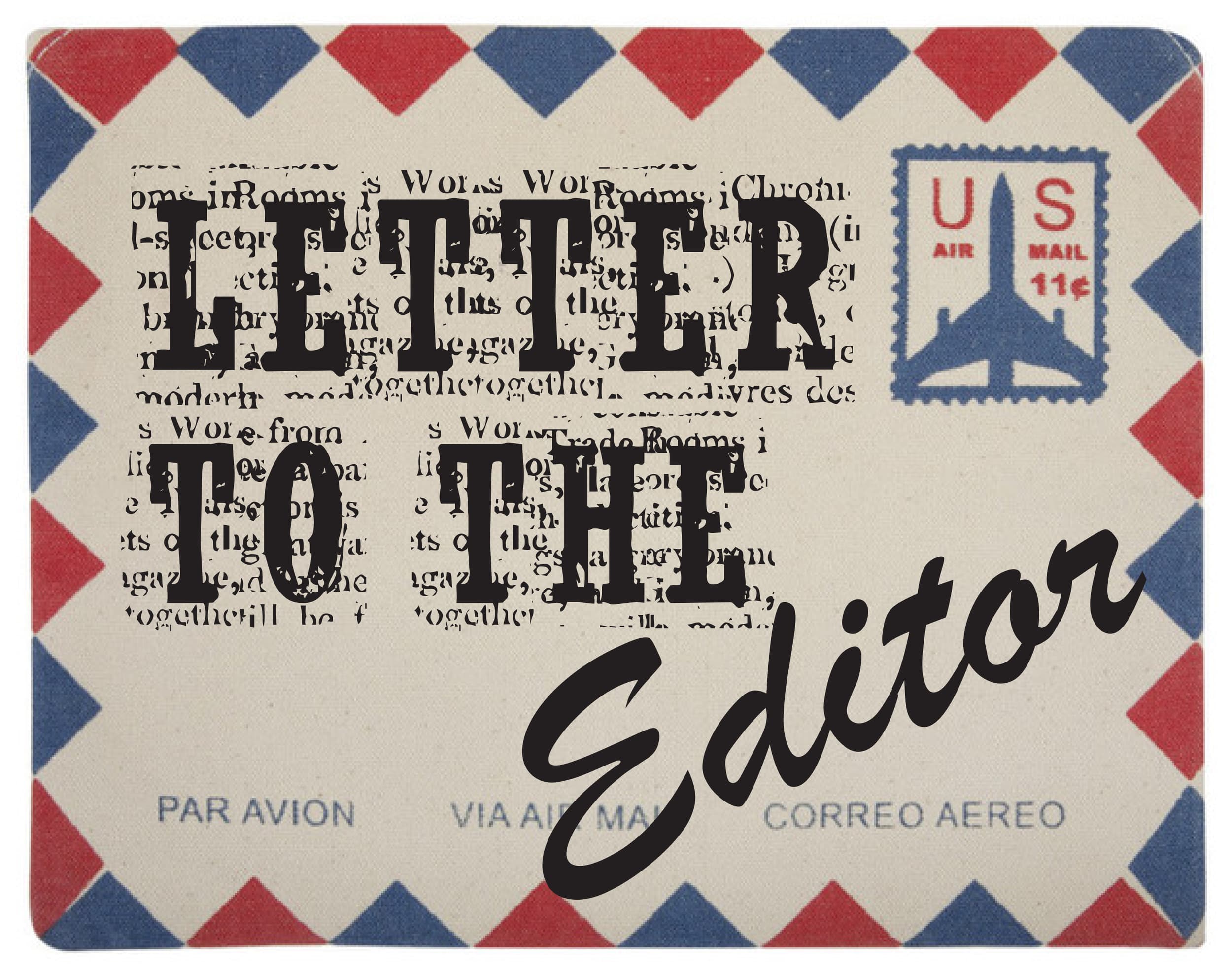
Letter to the Editor: Overcoming overcriminalization
How trust has been destroyed and the government is responsible for it.
Submitted by Caleb Johnson, Sophomore, Business administration
With the heartbreaking news of the killings of Officers Raphael Ramos and Liu Wenjin of the NYPD ,the #icantbreathe movement lost all of its momentum and most of its credibility. Ramos’s and Wenjin’s killer was Ismaayil Brinsley, a man who had announced on his social media page that he was going to kill two police officers in order to avenge the death of Eric Garner, a man who was killed in July by officer Daniel Pantaleo on Staten Island for selling loose cigarettes. Hours earlier, Brinsley had shot his girlfriend, before driving to Brooklyn with the specific goal of executing two police officers and later shooting himself in a subway. Now certainly, Brinsley was struggling with a mental illness, though I have no doubt that he understood fully what he was doing from the time he shot his girlfriend to the time he killed Ramos and Wenjin as they were eating lunch.
After the Ferguson, Missouri killing of African-American teenager Michael Brown racial tensions were high and Garner’s killing could easily be construed to be racially motivated if it was not already. Brinsley seemed to have a good reason to be frustrated with the NYPD. A white officer, Pantaleo was not indicted in what seemed to be an open and shut case of police brutality, which highlights the massive difference in convicted police officers and convicted civilians. Whether Pantaleo is guilty of murder does not really matter. He went before jury of his peers and was found “not guilty.” However, as Garner was held to the ground, struggling to breathe he managed to gasp, “I can’t breathe,” multiple times. This gave birth to the #icantbreathe movement. It was embrced by two different types of people; those who were frustrated with what seemed to be a racist enforcement of laws towards minorities and those who saw past the racism and looked at the root cause of too many laws. While New York City Mayor Bill de Blasio announced a $35 million dollar project to retrain the NYPD to be more sensitive towards minorities, many people were crying out for extraneous laws to be repealed something that politicians seem unwilling to do as it is in their job description to pass laws. Stephen L. Carter wrote an excellent article for Bloomberg on the obscene number of laws in the United States and what that means for Americans. In the article, Carter discusses Douglas Husak’s book on overcriminalization in America, “Overcriminalization: The Limits of the Criminal Law. “ Husak says that no one can say for certain how many statutes are punishable by criminal law in the United States but that the number probably surpasses 300,000 and those are just the Federal rules and regulations! According the Carter, “Husak cites estimates that more than 70 percent of American adults have committed a crime that could lead to imprisonment.” With up to 70 percent of the adult population being potential criminals, fair enforcement of the law is impossible and it opens the door for minorities to be arrested simply because there may be more police officers in their neighborhoods or because of racial prejudices.
#icantbreathe had a chance to call attention to the laws that were often ignored but could be enforced on a whim, but the moment the bullets left Brinsley’s gun the movement stopped. The public had lost its moral high ground, no more could the populace cry out for mercy under copious amounts of laws and the police now have an example as to why the public cannot be trusted. Now the NYPD police officers union has the NYPD operating as if they are a “wartime” department. The portion of the #icantbreathe movement that wants to see many laws repealed for the safety of all people, regardless of ethnicity and for the sake of liberty, has now been lumped together with those who protest the very existence of the police so much so that they may even be willing to murder police officers. All because Brinsley set out to wrongfully avenge Garner’s death. In response to the anti-police protests, a line of shirts was launched that said, “Breathe easy, obey the law.” Those t-shirts may be well intended but they fail to look at the big picture. While it is fairly obvious that we live in a nation of laws and that we need people to obey the law in order for peace and prosperity to persist, the t-shirts are blatantly proclaiming extortion. The law is not always good and the people of the United States are governed, not ruled. The pro-police t-shirts are boldly asserting that the state is in control, independent of its citizens. The principle that sets the United States apart from other nations is that the limited scope of the government is subject to the people. The citizens of the United States are not to be ruled, they are to be governed.
Trust must exist between people and the government in order for a relatively peaceful society to last. Of course trust will be breached, but most of the time it is expected to be maintained. The government must be able to trust that the people are mostly willing to obey the law. In return, the public expects that only clear, definable, and fair laws will be legislated and enforced, because any encounter with the government has the potential to be deadly. How can the people trust the government while there are a countless number of laws and regulations on the books? How can the government trust the people when the countless number of laws and regulations makes the majority of the people criminals? If the government would eliminate most of its extraneous rules and regulations most of the problems of trust and racial prejudices in the criminal justice system would go away.
Government is the only institution on earth that can legally take away your life, your liberty, or your property without your consent. Without this power government, would be worthless. It is the power to restrict natural rights that makes government both necessary and evil. Because government has this power, the public must be careful to make sure that good laws and regulations are put into effect. Each law should be clear, enforceable and fair. A deeper and more difficult standard for a law is an admonition that Carter asks his law students every year, “Don’t ever fight to make something illegal unless you’re willing to risk the lives of your fellow citizens to get your way.” Because many people never took that piece of advice into consideration, there are four more people who are dead because of overcriminalization. Eric Garner who was killed by the police for selling loose cigarettes, Ismaayil Brinsley who committed suicide avenging Garner’s death, and NYPD officers Raphael Ramos and Liu Wenjin who were executed by Brinsley. This year, think of those who would be alive if selling loose cigarettes was not a crime.
The views expressed in letters to the editor are those of the writer and not necessarily those of the staff of The Vision NGU, North Greenville University or any other entity. Letters to the editor may be edited for length and clarity. To submit a letter to the editor, send it it: TheVisionNGU@gmail.com with the subject line “Letter To The Editor.” Also, be reminded that readers can comment on any story by writing in the comment box at the end of the story. Comments are moderated for content, length and clarity. Only current students, faculty and staff of North Greenville University may comment or send in letters to the editor.

